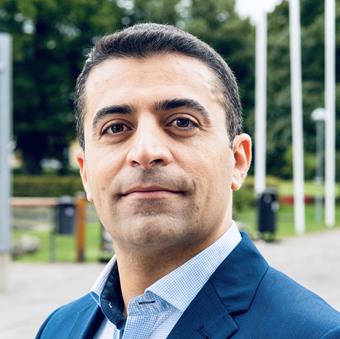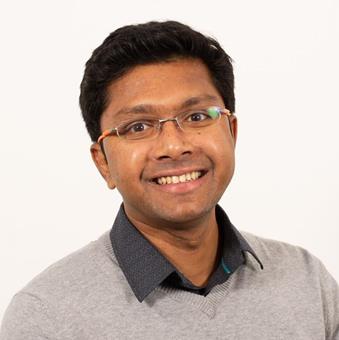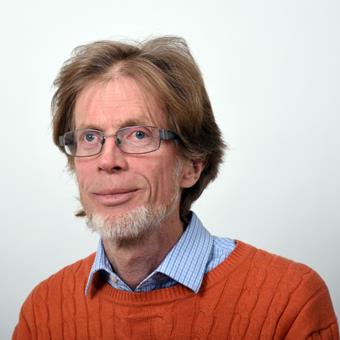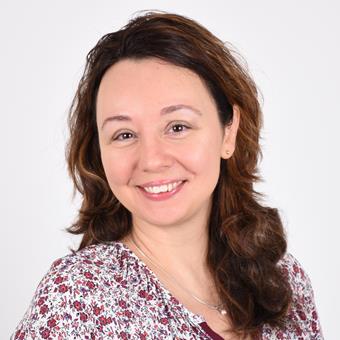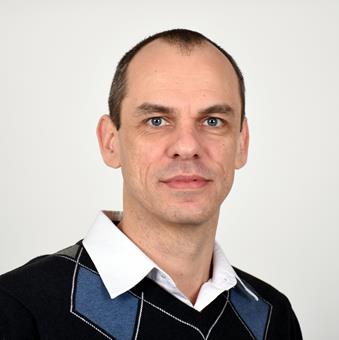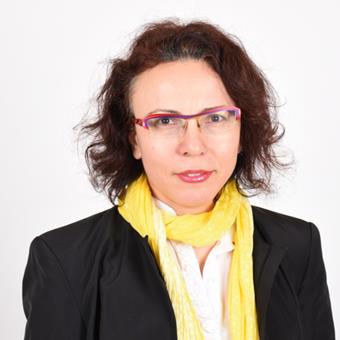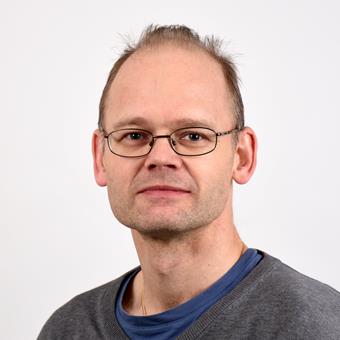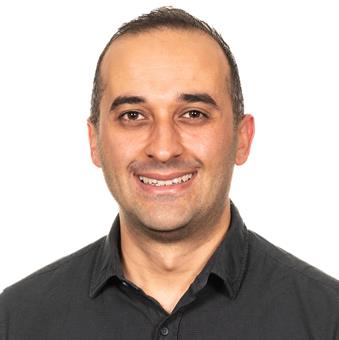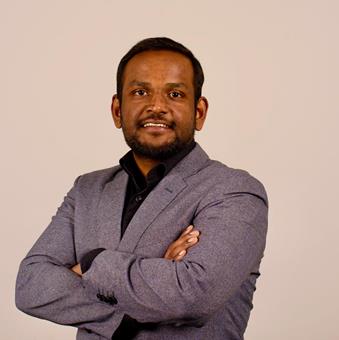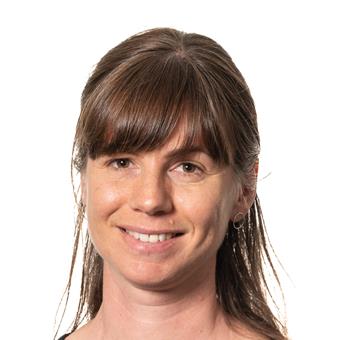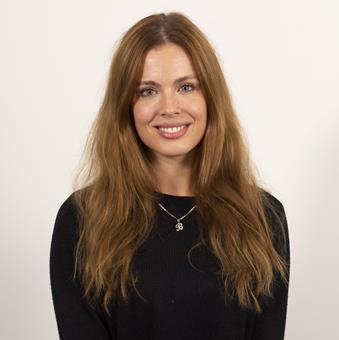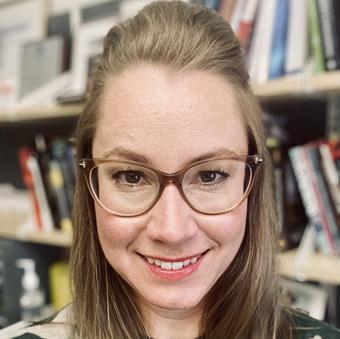Our main subject areas
Industrial project management, which involves the planning and management of technology and innovation activities in project-based organisations.
Innovation, which examines industrial development and renewal, innovation systems and inter-organisational collaboration, technology and innovation strategies and innovation management in both large and small companies and organisations.
Entrepreneurship, business and regional development, focuses on entrepreneurial and intrapreneurial processes in start-up teams, new and established businesses, entrepreneurial ecosystems and collaboration for regional development.
Pedagogical development and methods of learning, which involves the study of experience-based, entrepreneurial and challenge-driven learning in different contexts.
Industrial organisation and leadership are recurring themes in both teaching and research in all of these areas.



